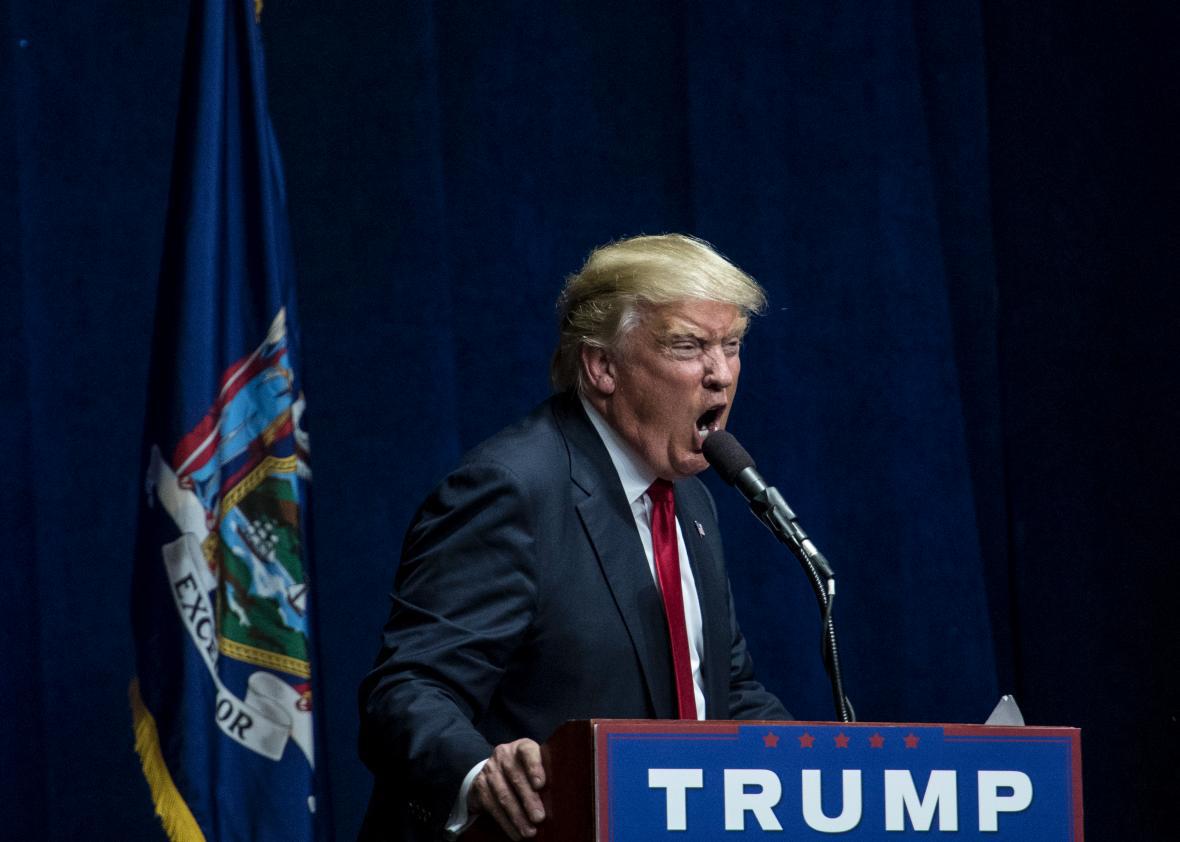In the 1938 play Gas Light, a felonious man seeks to convince his wife that her mind is unraveling. When she notices that he’s dimmed the gaslights in the house, he tells her she is imagining things—they are as bright as they were before. The British play became a 1944 American film starring Ingrid Bergman as the heroine, Paula, and Charles Boyer as Gregory, her abusive, crazy-making husband.
A match struck; a metaphor flickered to life. Gas Light reminded viewers how uniquely terrifying it can be to mistrust the evidence of your senses. Flame made an evocative figure for Paula’s consciousness—her sense of self guttering when Gregory insisted she hadn’t seen what she saw.
Today to gaslight means to overwrite someone’s reality, to manipulate her into believing she’s imagining things. Remember the traveling salesman who bade the common folk marvel at the glamorous weeds of their naked emperor? (If they couldn’t see the clothes, it had to be their fault—they were bad at their jobs.) Prototypical gaslighter. The term can attach to anything surreal enough to make you question your sanity, like the political news cycle, but gaslight arose from psychoanalytic literature, where it described a specific “transfer” of psychic conflicts from the perpetrator to the victim. In a 1981 article called “Some Clinical Consequences of Introjection: Gaslighting,” psychologist Edward Weinshel sketched out the dysfunctional dance: One person “externalizes and projects,” while the other “incorporates and assimilates.”* Introjection was Weinshel’s Freudian update to the kindergarten song “I’m rubber, you’re glue,” a name for the process by which a single player absorbs all the fault, irrationality, and madness in a relationship.
Gaslighting, a hallmark of domestic abuse, has thrown its noxious glow across the field of couples counseling and self-help. Books and relationship blogs and mental hygiene sites will educate you on how to shut down a gaslighting spouse (“You’re trying to tell me what my experience is, and I’m not okay with that”) or find a “counterstory” that more accurately reflects your reality. (This strategy, “narrative repair,” hinges on the victim’s “ability to trust her own judgments” and “reclaim moral agency,” according to researcher Hilde Lindemann.) Recently, though, gaslight’s unnerving radiance has crept into social justice contexts. As Shea Emma Fett wrote on Everyday Feminism, “I believe that gaslighting is happening culturally and interpersonally on an unprecedented scale, and that this is the result of a societal framework where we pretend everyone is equal while trying simultaneously to preserve inequality.” Members of minority groups that face stereotypes about poor mental competence are seen as especially vulnerable.
Gaslighting identifies a real phenomenon: the way critics of a line of thought sometimes try to discount the perceptions of the person producing that thought. Gaslighting equals misdirection, distraction, and the deliberate denial of reality: “You touched my arm.” “I didn’t touch your arm. Why are you so oversensitive?” But, like mansplaining or tone policing, this precise window onto a rhetorical dodge has become a viewing platform from which to survey verdant panoramas of valid and invalid argument. Don’t gaslight me can mean anything from “Don’t disingenuously contest this matter of factual record” to “Don’t contradict my opinion.”
What prompted the site U.S. Uncut to title an article, “Hillary Clinton Is Gaslighting Bernie Sanders and It Is Abusive”? That Clinton had kind words for the other Democratic candidate, saying that she would support him “over Donald Trump or Ted Cruz any time.” In this strange drift of language from meaning, the nuance in Clinton’s perspective was framed as inconsistency, which was then interpreted as a deliberate distortion of reality. Sanders is worse than me but better than the GOP front-runners became Sanders bad! No, Sanders good! became Sanders bad! I never said Sanders was bad. This critique makes no sense. It doesn’t apply to what Clinton actually, said and it misappropriates the vocabulary of emotional violence.
But identifying gaslighting in the wild isn’t always easy. Often it wears the garb of rational disagreement. The actress Gabby Sidibe recently tweeted that a taxi refused her service because she was black.* Someone tweeted back: “How do you know?” Someone else responded to the response: “You questioned her to create doubt. It’s #gaslighting. One of the oldest tricks used by racists.” On one hand, expressing sincere doubt is hardly the same as flatly proclaiming the veracity of false things (or the falsity of true ones). No one has an obligation to accept another person’s testimony as a clear pane through which objective reality shines. And Sidibe was making an informed guess about the cab driver’s motives, not reporting a conversation she’d had with him that confirmed his bias. At the same time: Isn’t she better equipped than a random Twitter commenter to say why the taxi declined to pick her up? Wasn’t Sidibe’s questioner choosing to destabilize her narrative instead of hearing her complaint? You could argue that, in the case of the second tweet, skepticism flipped over into disrespect. Whether it flipped over into gaslighting is a thornier question.
Ah, but speaking of pricks, the great George Cukor in the sky has furnished us with one unambiguous gaslighter. This is a man who fosters feelings of insecurity in others in order to persuade them to accept his strongman methods. He baldly asserts fictions as facts, uttering falsehoods with such burning conviction that listeners may doubt the testimony of their senses. He baldly denies events that video and physical evidence confirm. He deflects criticism with a combination of charm and ad hominem attacks. This man evokes Hannah Arendt’s totalitarians, who sought to immerse their countries in internally consistent fantasy, to dominate not just the social and economic machinery of the time but people’s mental tackle as well.
Donald J. Trump is more than a flickering gaslight (or gasbag)—he’s the Great Chicago Fire of 1871. Republicans are moths in his flame.
*Correction, April 18, 2016: This post originally misspelled Edward Weinshel’s last name and Gabby Sidibe’s first name.
